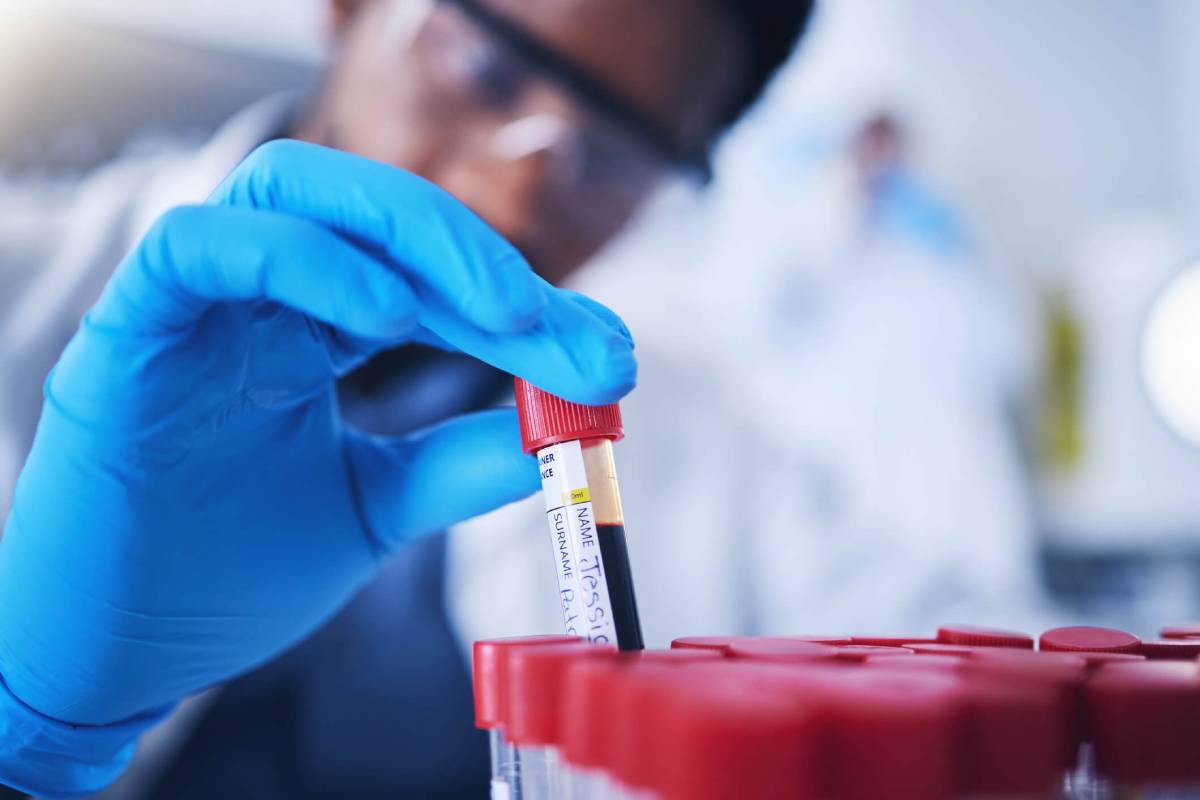
If you’ve been wondering how long to fast before blood work, you’ve come to the right place. In this post, AFC in Grand Rapids MI breaks down the essentials of fasting before blood work to guide you through the process.
Fasting before blood work can be confusing, but it’s crucial to ensure accurate test results. Whether you’re checking your blood sugar, cholesterol levels, or other key health indicators, what you eat—or don’t eat—before your test can significantly impact the outcome.
Why Fasting Is Necessary
Fasting before certain blood tests is essential because the food and drinks you consume can temporarily alter the levels of substances in your blood, leading to inaccurate results. For example, eating before a blood glucose test can spike your sugar levels, while consuming fatty foods can elevate your cholesterol readings.
By fasting, you ensure that the test measures your baseline levels, giving your healthcare provider a clear and accurate picture of your health.
How Long to Fast Before Blood Work
When preparing for a blood test that requires fasting, it's crucial to follow the instructions provided by your healthcare provider. Generally, fasting involves abstaining from all food and drinks, except water, for a period of 8 to 12 hours before your test. The exact duration can vary depending on the specific test you are undergoing. It’s important to avoid any food, beverages (including coffee and alcohol), and even chewing gum during this time, as they can interfere with the accuracy of your test results.
Specific Tests that Require Fasting
Certain blood tests are particularly sensitive to the presence of food and drink, making fasting a necessary step for accurate results. The most common tests that require fasting include:
- Blood Glucose Tests: Used to measure blood sugar levels and diagnose conditions like diabetes.
- Lipid Panel (Cholesterol Tests): This test assesses cholesterol and triglyceride levels, which are important for evaluating heart health.
- Basic Metabolic Panel: Measures various substances in your blood, including glucose, calcium, and electrolytes.
Fasting ensures that these tests reflect your true baseline levels, providing your healthcare provider with the most accurate information to determine your overall health.
What Do I Do if I Accidentally Break My Fast?
If you accidentally eat or drink something other than water during your fasting period, it's important not to panic. The best course of action is to inform your healthcare provider immediately. They may recommend rescheduling the test or may provide guidance on how to proceed.
It's crucial to be honest about any food or drink you have consumed, as even a small amount can affect the accuracy of your test results. Open communication with your provider ensures you receive the most accurate assessment of your health.
When Can I Resume Eating?
Once your blood test is complete, you can typically resume eating and drinking as usual. Having a light snack or meal on hand is a good idea, as fasting can leave you feeling hungry or lightheaded.
Opt for something balanced, like a piece of fruit, yogurt, or a small sandwich, to help restore your energy levels. If your healthcare provider has any specific post-test instructions, be sure to follow them. Otherwise, you’re free to return to your normal diet.
Tips for a Successful Fasting Period
Fasting before a blood test can be challenging, but with a few practical tips, you can make the process easier:
- Schedule an Early Morning Appointment: This allows you to sleep through most of your fasting period, minimizing hunger.
- Stay Hydrated: Drink plenty of water to keep yourself feeling full and avoid dehydration.
- Distract Yourself: Engage in light activities or tasks to take your mind off eating.
- Plan Your Post-Test Meal: Having a healthy snack ready can make breaking your fast more enjoyable and comfortable.
Where Can I Get Blood Work Done Near Me?
When it’s time for a blood test, AFC in Grand Rapids MI is here to make the process as smooth and convenient as possible. With experienced healthcare providers, we ensure that your test is done accurately and efficiently. Whether you need guidance on fasting or have other health concerns, our team is ready to assist you every step of the way.
How Long Does Blood Work Take?
Depending on the type of test, you can receive your results in minutes or within a couple of days. Our express lab allows our providers to provide seamless, streamlined care and effectively tailor your treatment plans.
Ready to take control of your health? Contact AFC in Grand Rapids MI today to schedule your blood test and get the answers you need at your nearest AFC location.


